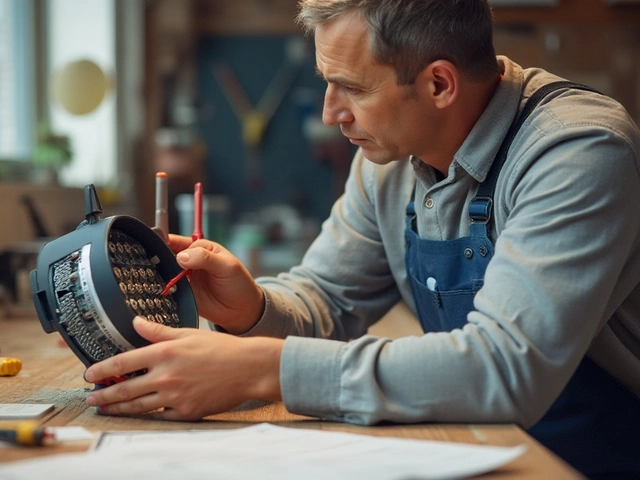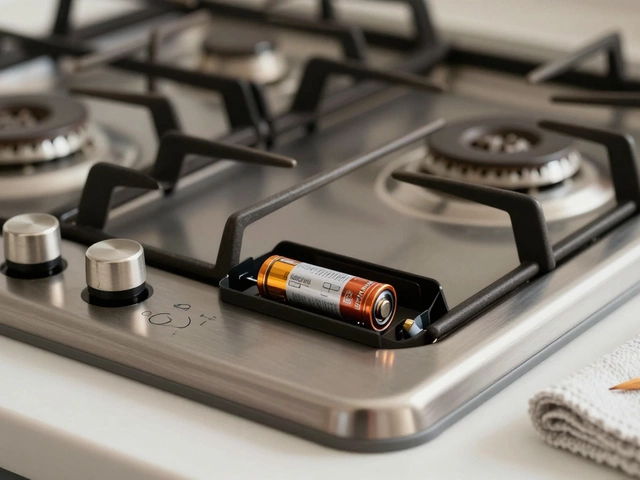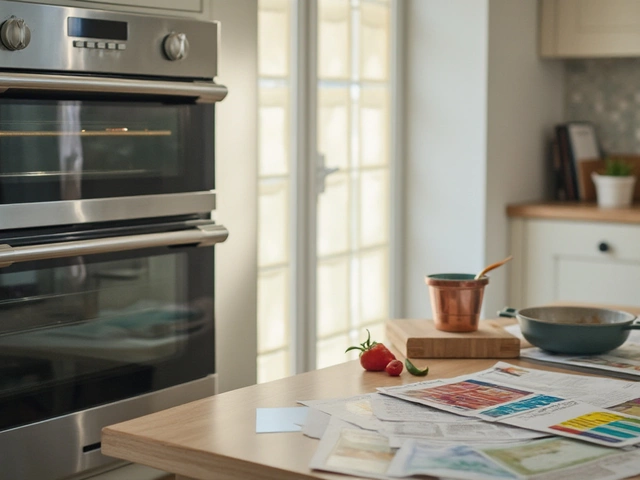Repair Advice: Practical Tips for Fixing Your Home Appliances
When something breaks at home it feels like a headache you didn’t ask for. The good news is most problems aren’t impossible – you just need the right advice. Below you’ll find the most common issues, quick fixes you can try, and clear signs it’s time to call a professional.
Know the Basics Before You Start
First, always switch off the power or water supply. A simple safety step saves you from shocks and leaks. Keep a basic toolkit handy – screwdriver set, pliers, a multimeter and a bucket for any water. If the appliance is under warranty, check the terms before you open anything; you might void the cover.
Next, identify the symptom. Is the oven not heating? Is the fan humming but not moving air? Is the fridge making a loud click? Write down exactly what you hear, see or smell. A clear description helps you search for the right fix and lets a technician understand the issue faster.
Top DIY Fixes for Everyday Problems
Oven that won’t heat: Often a faulty heating element or thermostat. Remove the element (usually secured with two screws) and inspect for cracks or discoloration. If it looks damaged, replace it – they’re cheap and easy to fit. Test the thermostat with a multimeter; a reading of zero means it’s dead and needs swapping.
Boiler making strange noises: Sediment buildup is the usual suspect. Turn the boiler off, let it cool, then attach a garden hose to the drain valve and flush until the water runs clear. This clears debris and often stops the clanking. If the boiler still struggles, the heat exchanger might be failing and you’ll need a pro.
Fridge not cooling: Check the condenser coils behind or under the fridge. Dust builds up and forces the motor to work harder. Unplug, remove the coil cover and vacuum the coils gently. While you’re there, make sure the door seals are intact – a leaky seal lets cold air escape.
Extractor fan losing power: First, clean the fan blades and motor housing. Grease can attract dust, causing the motor to overheat. After cleaning, spin the blades by hand; they should move smoothly. If the motor still stalls, test the wiring with a multimeter. A broken wire means you need a replacement motor or a professional’s help.
Heat pump not blowing warm air: Verify the thermostat is set correctly and the filter isn’t clogged. A blocked filter reduces airflow and can trigger a safety shutdown. Replace the filter if it’s dirty, then reset the system. If the unit still blows cold, the refrigerant may be low – that’s a job for a certified technician.
These quick checks cover the most common faults we see in Rugby homes. In many cases, a simple clean‑up or a cheap part swap restores full function without a costly service call.
But remember, if you ever feel unsure, hear gas smells, see water pooling, or the problem persists after your attempts, call a qualified repair service. Trying to force a fix can cause more damage and end up costing more.
Our team at Rugby Appliance Repair Services is ready to help with same‑day appointments, honest pricing and a guarantee on all work. Whether it’s an oven, boiler, fridge or fan, we’ve got the tools and experience to get it running again.
Keep this page bookmarked – next time something breaks, you’ll have a clear plan. Quick diagnostics, safe DIY steps, and the confidence to know when you need a professional. Happy fixing!






